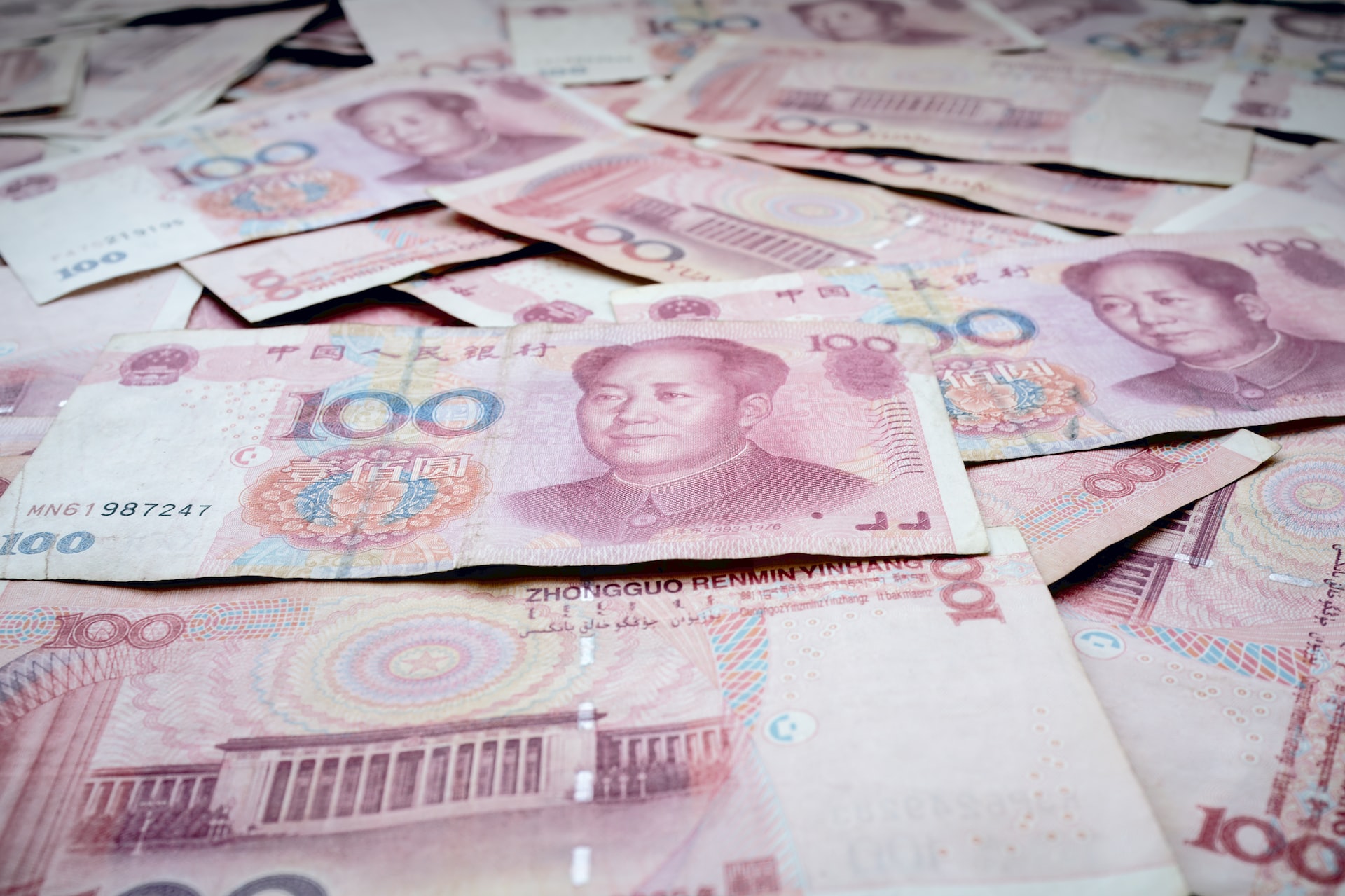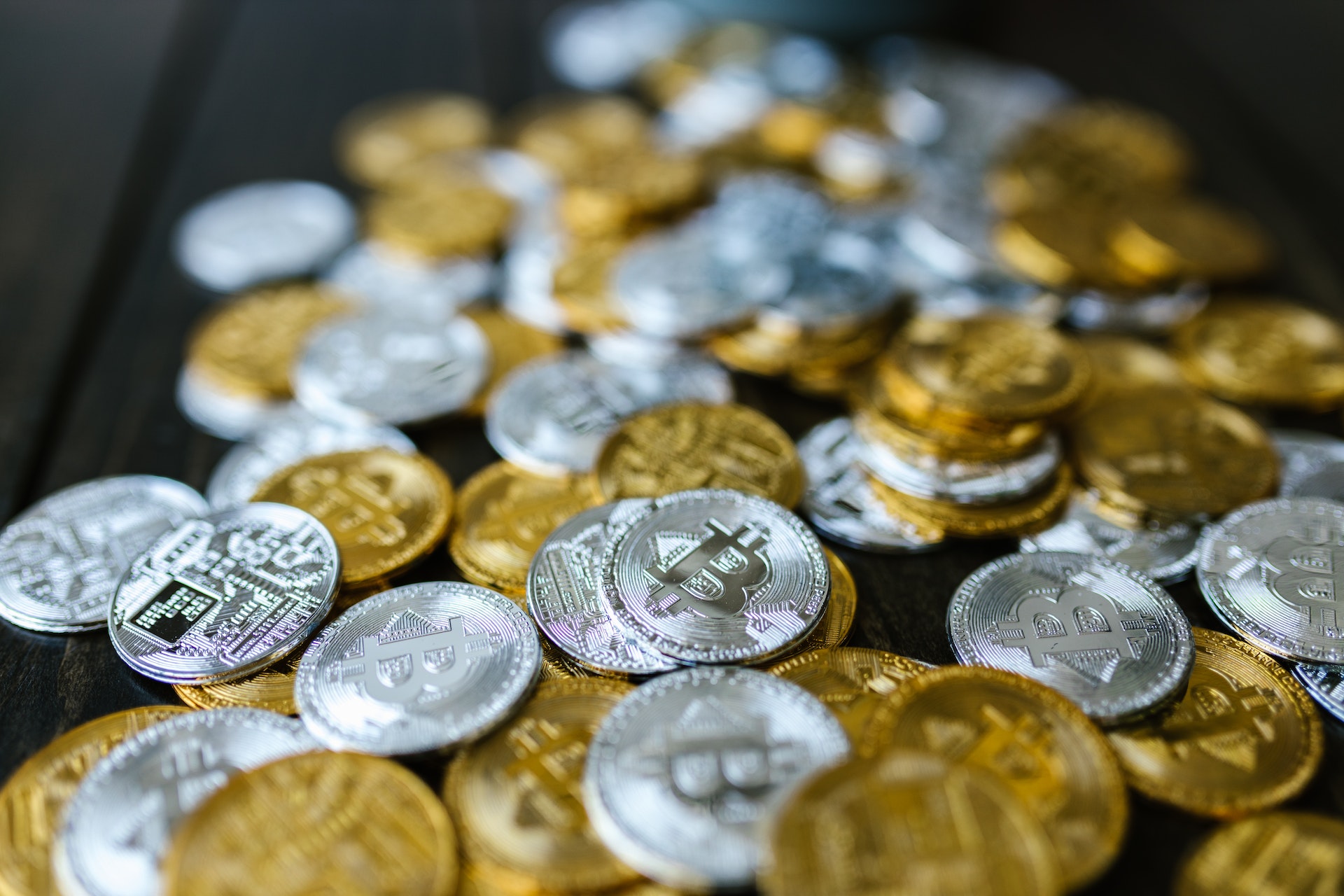In essence, it is a method for the monetary authority to modernize existing banknotes. In terms of cashless transactions, the Chinese market itself is pretty sophisticated. Users might speed that procedure considerably with the electronic renminbi. Users are accepting it as legal money in Chinese. Visit like this trading software if you are interested in renminbi and some other crypto assets. It is a cryptocurrency trading and investment platform.
“Money use would be declining. Supplanting money may ultimately be by its electronics. According to Yan Xiao, program director for electronic marketing at the United Nations Conference on trade, this is mainly motivated by that.
What justifies its introduction?
The PBOC’s vice director, Fan Yifei, stated earlier this year that it is an “urgent must to computerize currency and coinage” due to the high costs associated with their production and storage. In such a piece for the government-backed newspaper Yicai International, Supporter said that coins and currency are difficult to use, simple to fake, and potentially dangerous due to inherent secrecy.
Electronic currency has many additional advantages in the eyes of the People’s bank of China.
Fan described why a CBDC might increase the dissemination of monetary strategy and increase the efficiency of transactions in a different essay. Fan also contends that an electronic yuan’s “manageable privacy” mechanism might promote financial policy. In this case, the trades are somewhat untraceable. However, the monetary authority might still uncover illicit activity using data analytic technologies. The PBOC’s initiatives may also be motivated by a desire to boost competitiveness in the financial sector and reduce toxicity risk. WeChat Pay and Alipay, operated by online juggernaut Tencent and an offshoot of Alibaba, dominate the Chinese financial technology market.
Entrepreneurs are the owners of the current system. The algorithmic danger arises if Alibaba or WeChat Pay fails, which is highly improbable, according to Alkaline trio Chinese economist Linghao Bao on CNBC. “Leveling the competitive landscape is the primary motivation for the PBOC’s actions. Perhaps creating a new platforms funding mechanism that will optimize operations seems to be another justification.
How is the virtual currency operated?
The issue has two facets: transmission and, ultimately, its use of it. A “2 different structure” is used to manage dissemination. It implies that the People’s Bank of China will provide financial institutions access to electronic currency. The task of delivering the cash into customers’ arms will fall to the financial institutions. Companies that enable customers to convert existing free coins into electronic renminbi might fall under this category.
Beijing has distributed virtual cash valued at hundreds of thousands of dollars in field tests in various locations, notably Dongguan, Sichuan, and Jiangsu. Those entail the city authority holding a lottery to distribute a set number of the renminbi. Typically, consumers must install a different app to access the money. Among the most prominent Chinese online retailers, Marketplace participated in the pilot and enabled users to make purchases using virtual currency.
Thus, could this be intended to rival the technology oligopolies?
It’s intended to raise Alipay and WeChat Pay’s rivalry but not completely displace either.
According to Bao of Trivium Chinese, “virtual currency isn’t a mid-table team to Alibaba and WeChat, but rather a fresh device that allows additional competitors to join and compete alongside WeChat and Alipay.” “Those may be business lenders and other money transmitters.” According to the PBOC’s Fan, the multiple arrangements may assist to “avert fragmentation inside the banking world” since the reserve bank won’t be in direct competition, mostly with big banks.
Is BTC similar to the electronic renminbi?
This so decentralized commodity is BTC. It implies that, unlike digitized currency produced by the People’s Bank of China, governing any centralized government such as a banking system. Distributed ledger technology also serves as the foundation of Crypto. What type of technological foundation the electronic renminbi has is still unknown.
The confidentiality of coins is another selling point for its supporters.
The electronic yen will have “manageable privacy,” according to Fan of the People’s Bank of China. As the “only foreign power,” individuals that manage electronic currency wallets might be required to report activities to the People’s Bank of China. Clients might have “continuous connection on profiles,” which refers to the possibility that the electronic currency wallet and present banking information are not tightly connected.
Conclusion
Numerous analysts have said that the electronic renminbi is a strategy China has employed to internationalize the renminbi. However, the People’s Bank of China has started preparing the framework for using virtual money in international trade. The People’s Bank of China gathered financial institutions from Malaysia.
















